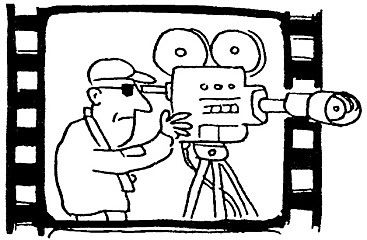About the mixed signals of the super powers and the total confusion in the Kivu’s…. What is going on?
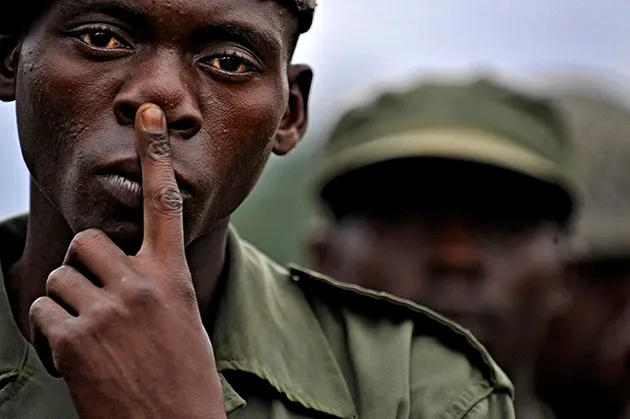
Yesterday somebody tweeted that during the G7 summit in Asia a couple of world leaders expressed themselves in a clumsy and wrong way about the events in the Congolese Kivu’s. They mentioned that Rwanda should redraw itself from the province, stop helping the M23 and that the ongoing Luanda- and Nairobi peace processes should be followed and respected. While they were saying this several opposition parties were denied to protest peacefully in Kinshasa. The fact that everybody already knows that the Luanda- and Nairobi peace talks did not solve anything. So far and that the prospects of making them work are very slim because Kinshasa keeps on refusing to talk to the rebels did not bother the Americans to announce this. And this shows their unwillingness and their incapacity to understand well what exactly is going on in the DRC. It is also true that a lot of the fog farting to cover up President Tshisekedi’s incoherent policy is done by his propaganda machine, headed by Patrick Muyaya. The president has two things to worry about; the upcoming elections with the possibility that he won’t be re-elected and the fact that his army was defeated big time by the much smaller M23. The M23 controls the military aspects of this quarrel but is fiercely outgunned when it comes to more positive media attention and political matters.
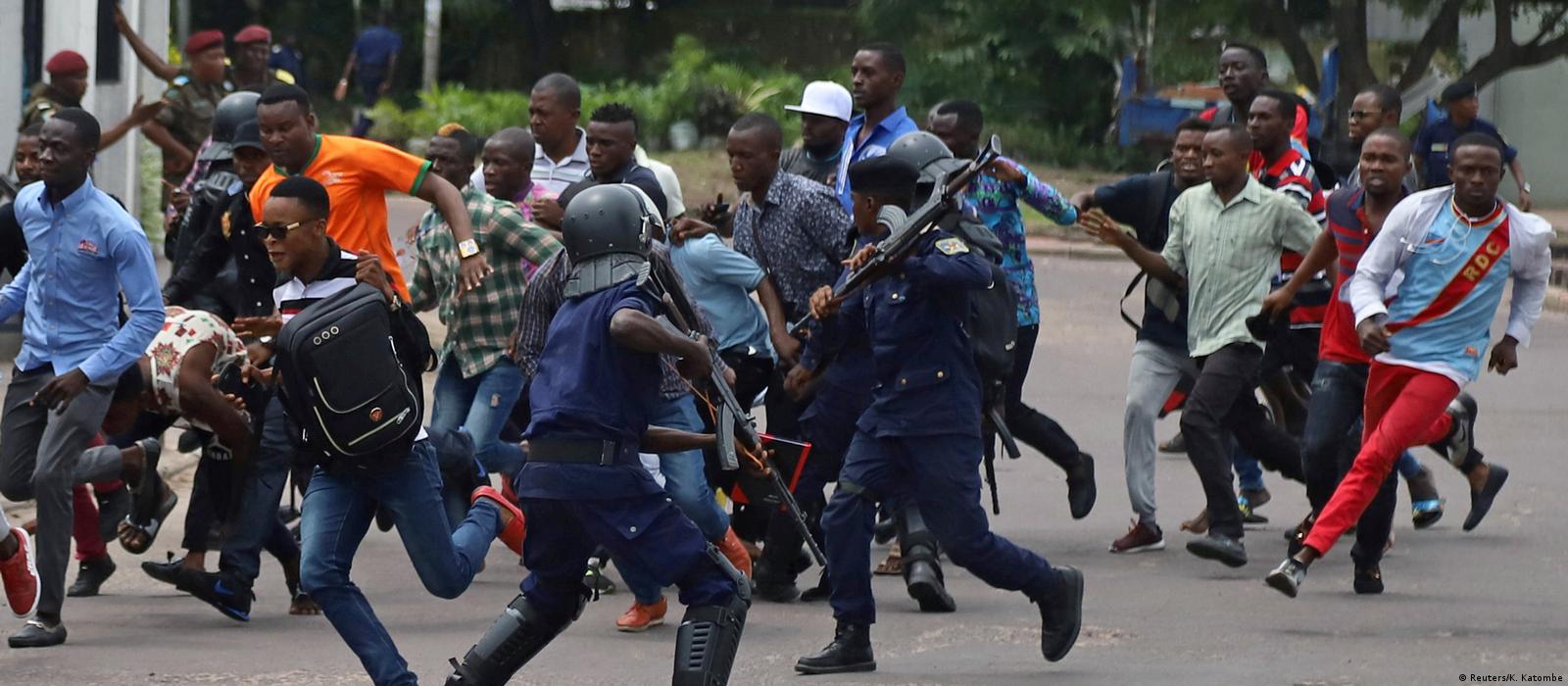
It has become very difficult to follow up on what is really going on in the region. This became even more problematic after it became clear that Tshisekedi wants to get rid of the EAC tampon military force and that he wants to replace them with more battle hungry South-African, Angolan and Namibian forces from the SADC.
This week the FARDC and their FDLR- and NYATURA proxy units also tried to provoke the M23 by driving into villages the M23 vacated earlier and to make a lot of noise there with machinegun fire and exploding grenades. The Burundian forces who are supposed to prevent this didn’t do anything to stop them. Our sources on the spot tell us that they are trying to do this to lure the M23 back into an open fight, one that would probably force the still-present EAC forces to react and take part in it. Add to that the 3 heavy-duty Chinese attack drones that will be stationed on the Kavumu airport, not so far from Bukavu, and the picture is complete. We confronted our contacts with this dilemma and we’ll try to summarize their replies.
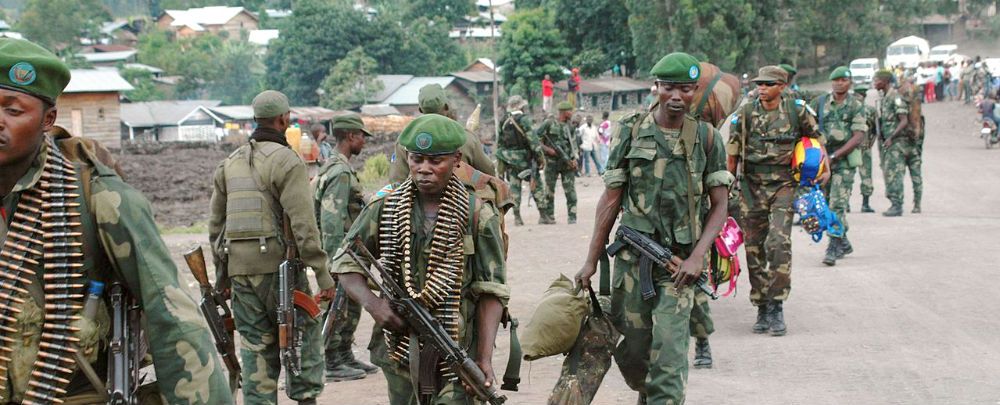
The M23 does not agree with the deployment of a possible SADC military force. We talked to a couple of their top brass commanders: “Angola and indirectly also South Africa were involved in several previous negotiations during which the framework for the deployment of the EAC-Forces was established. Some of these discussions were organized in Luanda, the capital of Angola. Now they advance a totally new concept to send SADC soldiers into the frontline. Just note that this is unacceptable for us and that we shall never agree to comply with them.” Another commander: “Kinshasa refuses to talk to us and we were not even invited when the EAC decided to send troops to the Kivus. But we showed our willingness by withdrawing from certain positions. This worked relatively well in the sectors under the control of the Kenyan and the Ugandan army but the FARDC and the FDLR are now advancing again in the sector that is under the control of the Burundian army. They provoke us every day: they steal and kill the cows of the Tutsi population; they kill our civilians. They do this under the watchful eyes of the Burundian troops of whom many are Imbonerakure (radical Burundian Hutu militia) or even ex-FDLR. They are trying to lure us into an open fight with the Burundians so that they can say that we attacked the EAC forces. But we won't go for that bait! A civilian contact in Karenga in Masisi told us that the FARDC and the FDLR moved into their village while tossing grenades and emptying at random their AK’s. They looted cows and left a couple of them behind with open bullet wounds. The Burundian army saw this happen but did not move one finger.
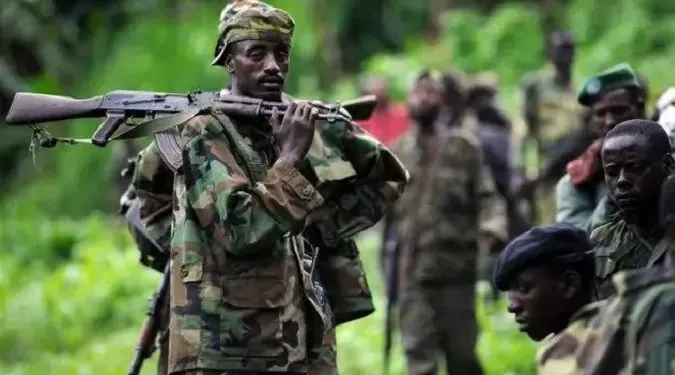
One of the M23 commanders added to that that his men are closely observing the movements of the enemy: “We re-enforced out positions around the zones we left in the hands of the EAC troops. We are just waiting for the orders to attack the FARDC intruders.”
We also hear that Tshisekedi was blocked by the Americans to hire more mercenaries. He was flirting with a couple of sheiks in the United Arab Emirates to do that. We are not really sure of this but in Congo, the truth is difficult to hide.
About the possible deployment of heavy Chinese attack drones in Kavumu our M23 contacts are very brief: “We cannot allow the FARDC to cause havoc with those Chinese drones. We know that 3 drones will be deployed very soon in Kavumu. Those drones can stay in the air for many hours, they fly very high and they can launch rockets and drop heavy bombs. In Ethiopia, these killing machines caused a lot of damage and their deployment in Kavumu will also draw South Kivu into this conflict. Neutralizing and destroying the Kavumu airstrip will be one of our options, in that case. The same principle is valid for the airport of Goma. It would be easy for us to block that one as well. These offensive attack drones can also become dangerous tools in the hands of irresponsible and power-hungry politicians and the military. One of them could be crazy enough to give the order to attack the RDF inside Rwanda. In that case, the RDF would get a more than valid argument to correct the situation.
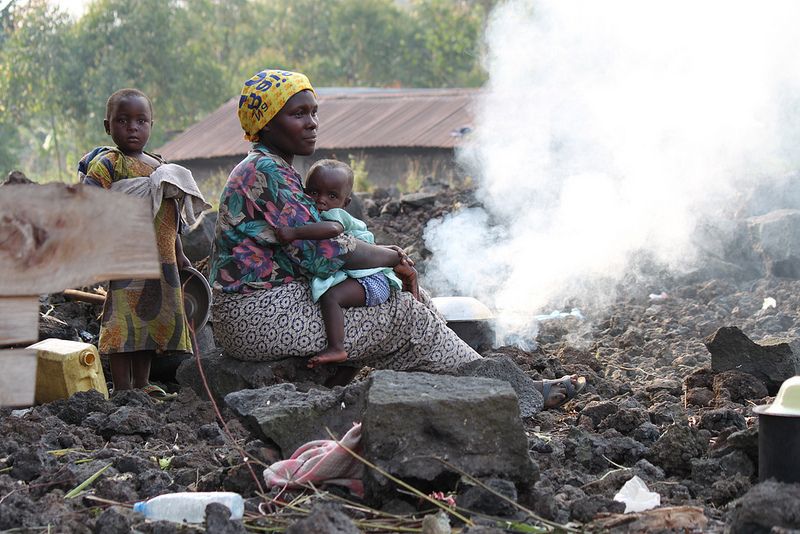
In the meanwhile, the confusion about what might happen remains total. A very well-informed researcher who wants to remain anonymous tells us that the situation has never been as confused as it is today: “But that is probably the purpose of this strategy. They want to create havoc and lure the M23 into a fight with Monusco or with the EAC. But their planning is weak and contradicts itself: they want the EAC forces to leave the region in June but the SADC can never be deployed before the end of July or the beginning of August. And it is not even sure that they will deploy… Meanwhile, Tshisekedi would have to fall back on the FARDC, a bunch of mercenaries and radical Hutu militias such as the FDLR.” A reliable source in the Ministry of Defense in Kinshasa confirms that this is, indeed, a big dilemma: “Jean-Pierre Bemba, the minister of defense, warned his staff that if the M23 would attack in the so-called ‘grey period’ between the departure of the EAC-forces and the arrival of new foreign troops they would be able to walk into Goma without a lot of resistance and block the airports of Kavumu and Goma. Bemba is getting worried that the president might push him into issuing stupid orders that might harm his career in the future. And if the SADC will only send a symbolic force the outcome for Kinshasa could even become worse.” Nearly all the observers, commanders, and diplomats we talked to agreed on one thing: the fact that Tshisekedi might use this chaos as a pretext to postpone the elections. A Kinshasa-based foreign diplomat was very clear: “The guy has two options. But the first one in with which he was hoping to win the war before the elections and to use this victory to beef up his prestige is evaporating in front of his eyes. This only leaves him with the option to create so much chaos that elections become impossible. Also, look at what is happening in the rest of the country: he is cracking down on the opposition and Kinshasa is threatened by armed groups from Kwamouth and Bandundu. The youngsters of his own political party, the UDPS, are hiring local street gangs in Kinshasa (‘kuluna’) to intimidate the opposition. Let us not forget also that the whole ADF-Nalu debacle is still ongoing, that militias such as the CODECO are still killing at random, and that South Kivu might also explode at any moment. Congo has become a powder keg….”
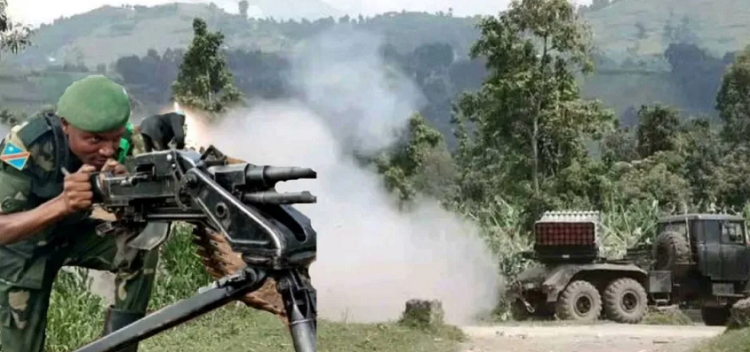
The recent American announcement about the situation in the DRC during the G7 summit in Asia showed clearly that many foreign powers have not understood well enough what is really playing there. But they might also play a game: the narrative that Rwanda should withdraw its troops from the Kivus, stop helping the M23 and force this organization to withdraw on the volcanoes is completely beside the matter and a school example for easy wishful thinking. And it shows also the hypocrisy of the international community. By repeating this argument, they allow the Congolese government to create even more chaos. Instead of telling Tshisekedi & co to negotiate directly with the M23, they are putting more oil on the fire with these clichés. Most of the diplomats and well-informed researchers and journalists on the spot who contact us know exactly what is going on but they are scared to tell the truth to avoid being kicked out of the country. A good example of this is the story about Kishishe: most of them tell us that our findings were relatively correct but none of them had the courage to tell the Congolese government that their propaganda project missed its target. If Patrick Muyaya, the most notorious information criminal on the block, would have the possibility to drive into Kishishe with two bulldozers, dig very big holes and collect the bones of diseased villagers in other nearby cemeteries to create new mass graves he would probably go for it. Just to be able to invite the people from AFP and a whole army of selfie Michomberos dressed up in expensive bulletproof vests and helmets and looking like press smurfs to be able to accuse Rwanda and the M23 of mass killings.
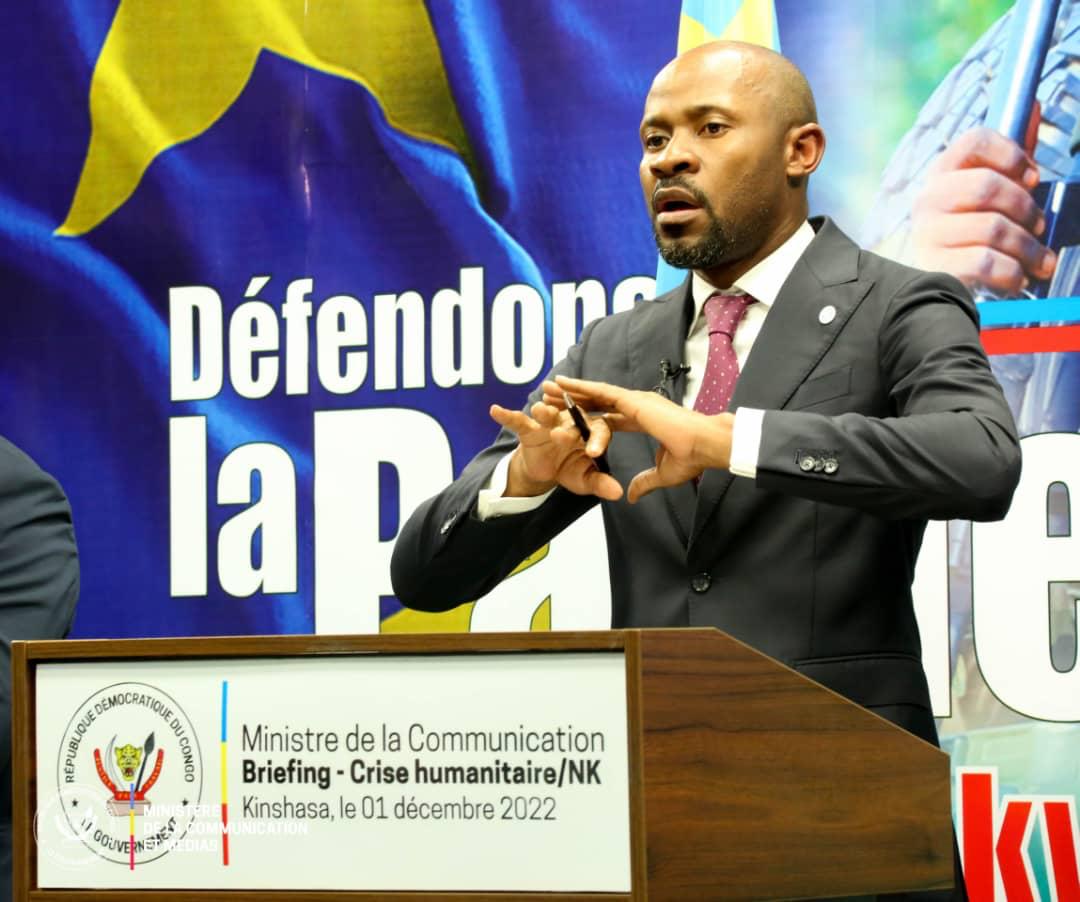
The attitude of the Americans and other outside powers also shows clearly that the problems in the DRC are not a priority for them. As long as its minerals keep flowing to the north, they are not willing to face the real causes of this violent conflict. They are wrong in this and many people know this already. Every day they receive dozens of reports that contradict the Kinshasa propaganda mill but they do not have the guts to put these to use.

By the time you read this Kinshasa can be in chaos because of street protests, opposition leaders might be thrown in jail or Gisenyi might be bombed. Things can change in a couple of minutes in Congo and the imagination of the politicians and military who are pulling the strings to cause chaos is vibrant. Instead of sending out mixed signals that feed this confusion the international community should react more appropriately. Several facts are present to prove this. Denying this is an act of cowardice.
Adeline Umutoni and Marc Hoogsteyns
